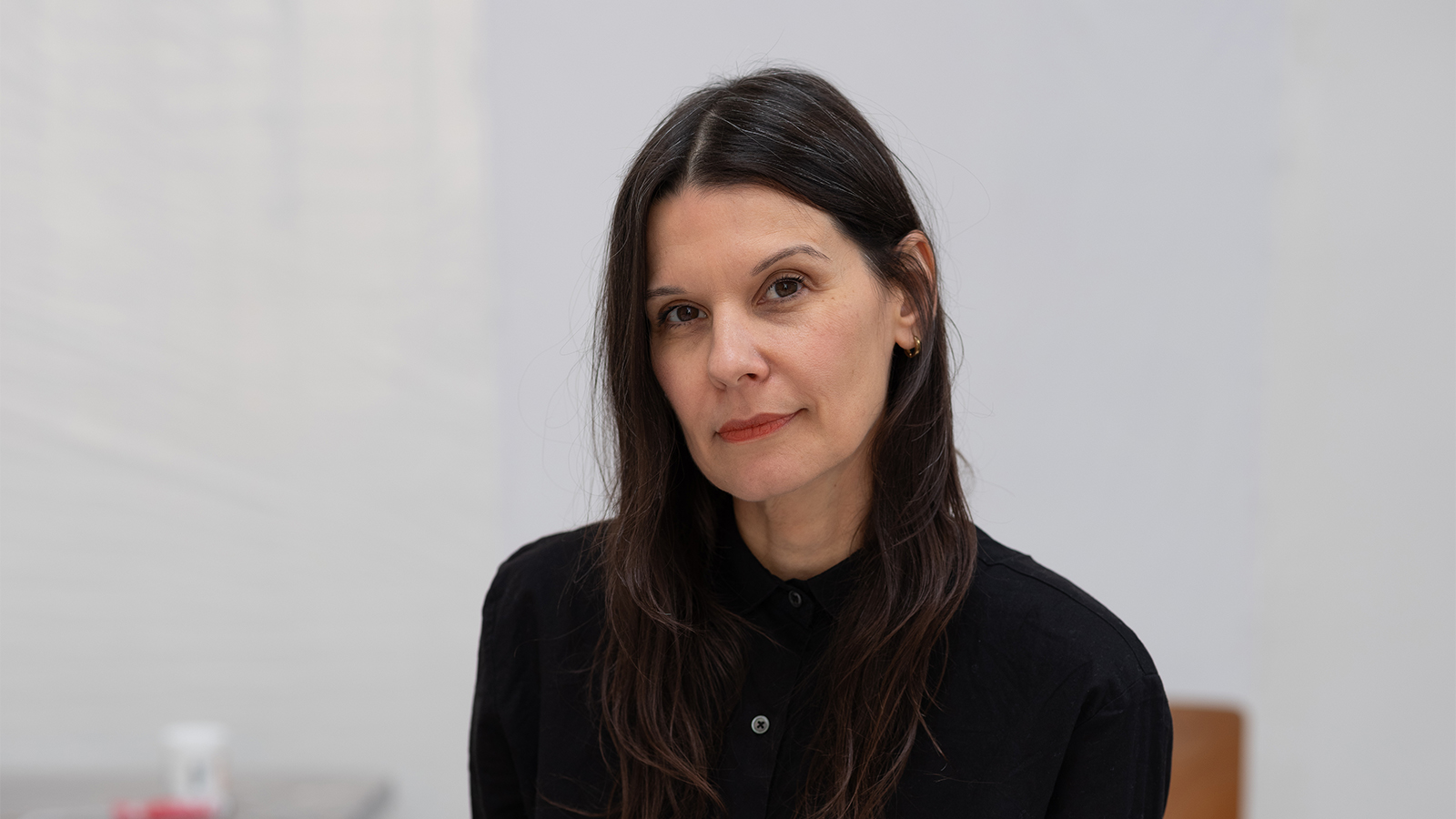
Cultivated Wildness
My practice is deeply engaged with ecological thinking and geographies defined by systems of colonization and extraction. Departing from the understanding that humans are part of an ecosystem called nature and not separate from it, my recent work grapples with the uncertainties and anxieties generated by the environmental crisis.
While at the American Academy in Rome, I developed a series of monoprints entitled Cultivated Wildness, created by pressing my body and botanical specimens against canvas. The plants I harvested throughout the city of Rome are the so-called “piante vagabonde”—species often dismissed as weeds or invaders because they thrive in disturbed areas and excel at dispersing their seeds. They colonize urban margins, roadsides, and broken soil, making them pioneers in reclaiming damaged landscapes. Despite their maligned status, many offer profound medicinal properties and nourishment, like Burdock (Bardana) with its blood-purifying roots, Common Mallow (Malva) with its soothing anti-inflammatory qualities, and Dandelion (Tarassaco) with its liver-supporting capabilities. Their resilience becomes a powerful metaphor when contemplating our changing world in a moment of collective climate crisis.
Cultivated Wildness came as a response to the complex intersection between environmental exploitation throughout the Anthropocene and the oppression of the feminine. The dangerous fiction of endless replenishment and youth—projected onto both women’s bodies and natural resources—has pushed our ecosystems to their breaking points. As I navigate the early stages of menopause, I experience nature’s force from within, not unlike climate disruptions unfolding beyond my skin. In my bodily microcosm, I discover patterns of resistance, adaptation, and transformation that mirror our planet’s response to ecological stress.
As we face the challenges generated by collective environmental precarity, the work invites viewers to question human exceptionalism and recognize their own bodies as nature, neither separate from nor superior to the world that sustains them.